'We’re stuck in a knife crime mire'
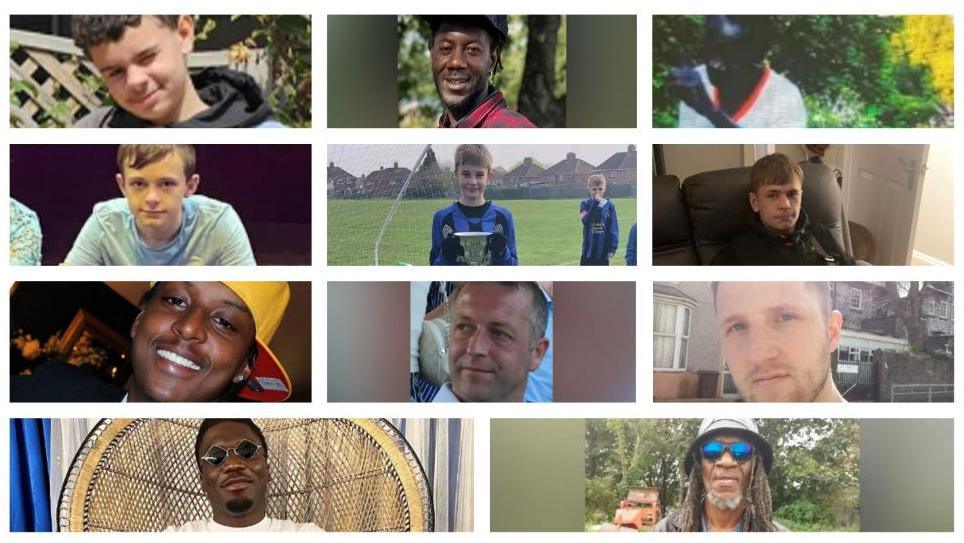
There have been 12 fatal stabbings since the start of 2023 (Tomasz Stankiewicz is not photographed)
- Published
Recent fatal stabbings of teenagers and adults have left a mental scar on Bristol's communities.
In the days after two teens were killed in a case of mistaken identity in January, hundreds of people came out onto the streets of Knowle West calling for an end to knife crime in the city.
Ten months on, and with five people now facing prison for the murders of Max Dixon and Mason Rist, leaders in Bristol say communities are finally coming together but that change is slow.
Their main concern is that the systems in place that are meant to serve and protect vulnerable children simply don’t.
“People want change. There are good people here who are trying," Desmond Brown, founder of Growing Futures said.
His organisation engages with young people involved in serious youth violence, including those affected by knife crime, and disadvantaged communities.
"When we have serious violence and the murder of children by other children, what we see is wringing of hands and people getting very upset and looking for silver bullets for that moment," he said.
"What we see after that is the medium to long term planning to how we solve these issues suddenly go out the window and there’s a lull, and nothing ever happens.”
Mr Brown said while community groups are coming together he is "hard pressed to see material changes on the ground".
“I think we’re still stuck in a mire," he said.
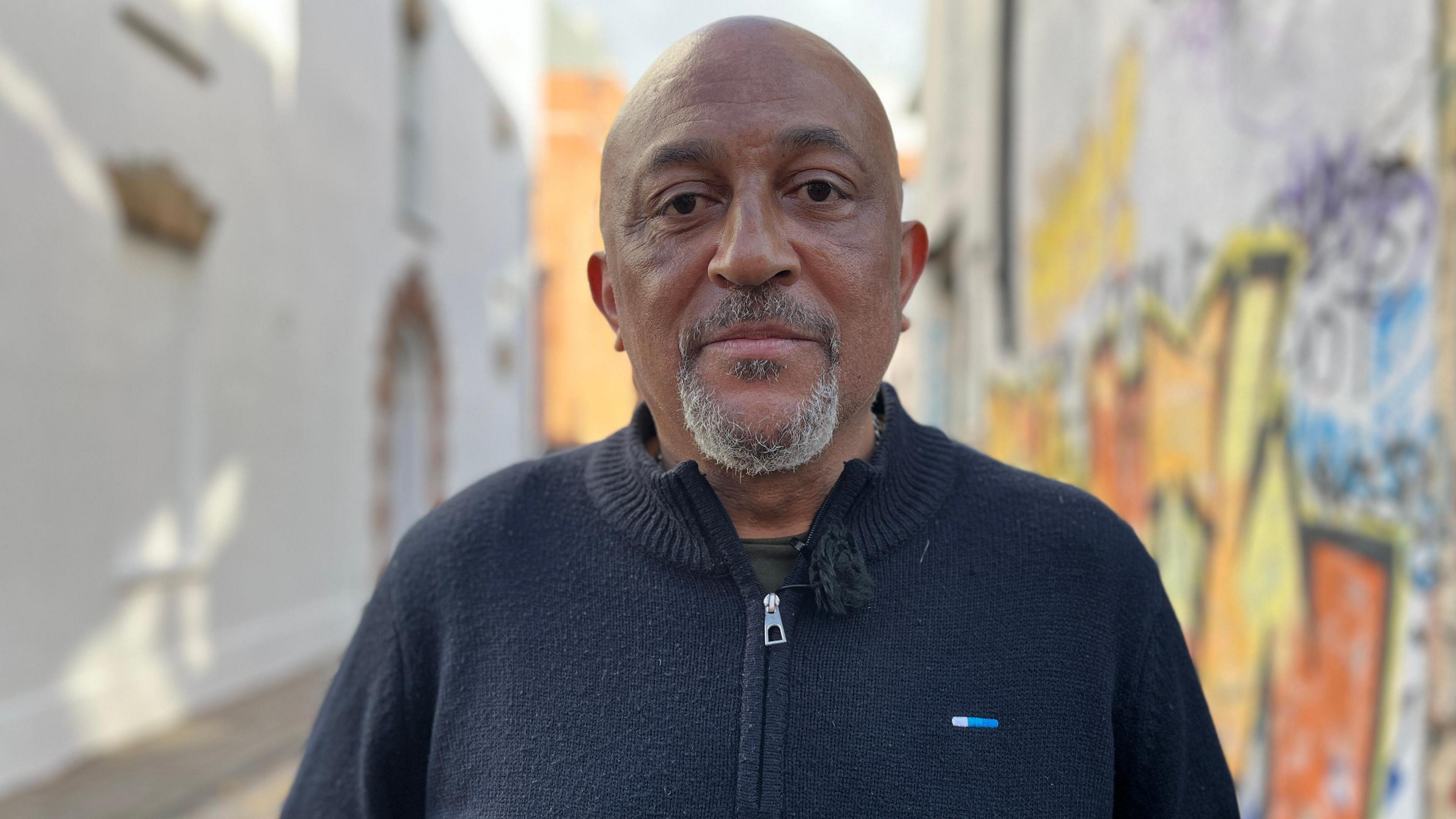
Mr Brown works with young people in the city affected by knife crime
In 2023 there were four fatal stabbings in Bristol, as well as that of Bristol teenager Mikey Roynon, who was killed in Bath. So far in 2024, there have been six teenagers and adults killed with knives.
These came on top of many more non-fatal stabbings.
Following the deaths of Max and Mason, the city’s media, community leaders and campaigners joined forces to sign an open letter calling for more action on fighting knife crime.
This led to leaders meeting to figure out how best to tackle the issue, raise awareness of knife crime's links to education and social exclusion, and start lobbying local and central government for change.
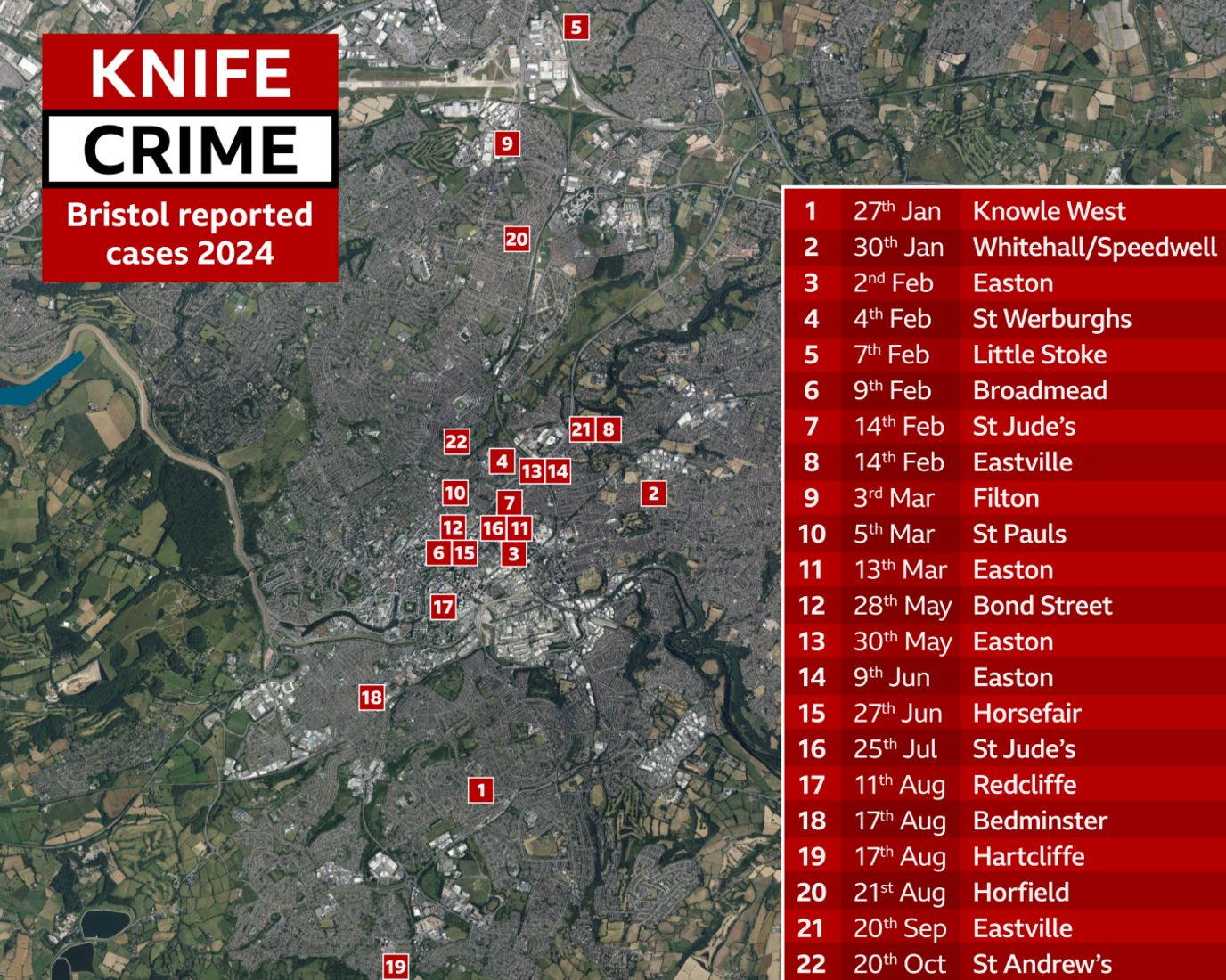
There have been more than 20 reported stabbings in 2024 - some of which were fatal
Mr Brown, who was one of the letter's signatories, said schools need to reduce the number of permanent exclusions which can result in young people being exposed to exploitation and potentially becoming involved with serious crime.
“I met a young person who was in a youth estate, and he was in there for quite serious crime," Mr Brown said.
"He said to me ‘one of the issues is that it’s taken me to come to prison to get an education. I didn’t disengage from education, education disengaged from me’.
"We victim blame the kids and say they’re disengaging, but we are the adults who need to engage them in some meaningful activities that they feel there’s hope and they’re valued in this society.
"Isn’t it better they’re in school... learning and being protected rather than being dashed to the streets and being involved in some sort of serious violence?"
Anti-knife crime campaigner Leanne Reynolds, who has been working to get emergency bleed kits rolled out across Bristol and Somerset, said community groups have "realised that we need to listen more".
She founded the Bristol Bleed Campaign after knowing two young men who were killed while she was working in education.
"We do listen to the young people, but it’s the higher heads and the government that aren’t listening," she said.
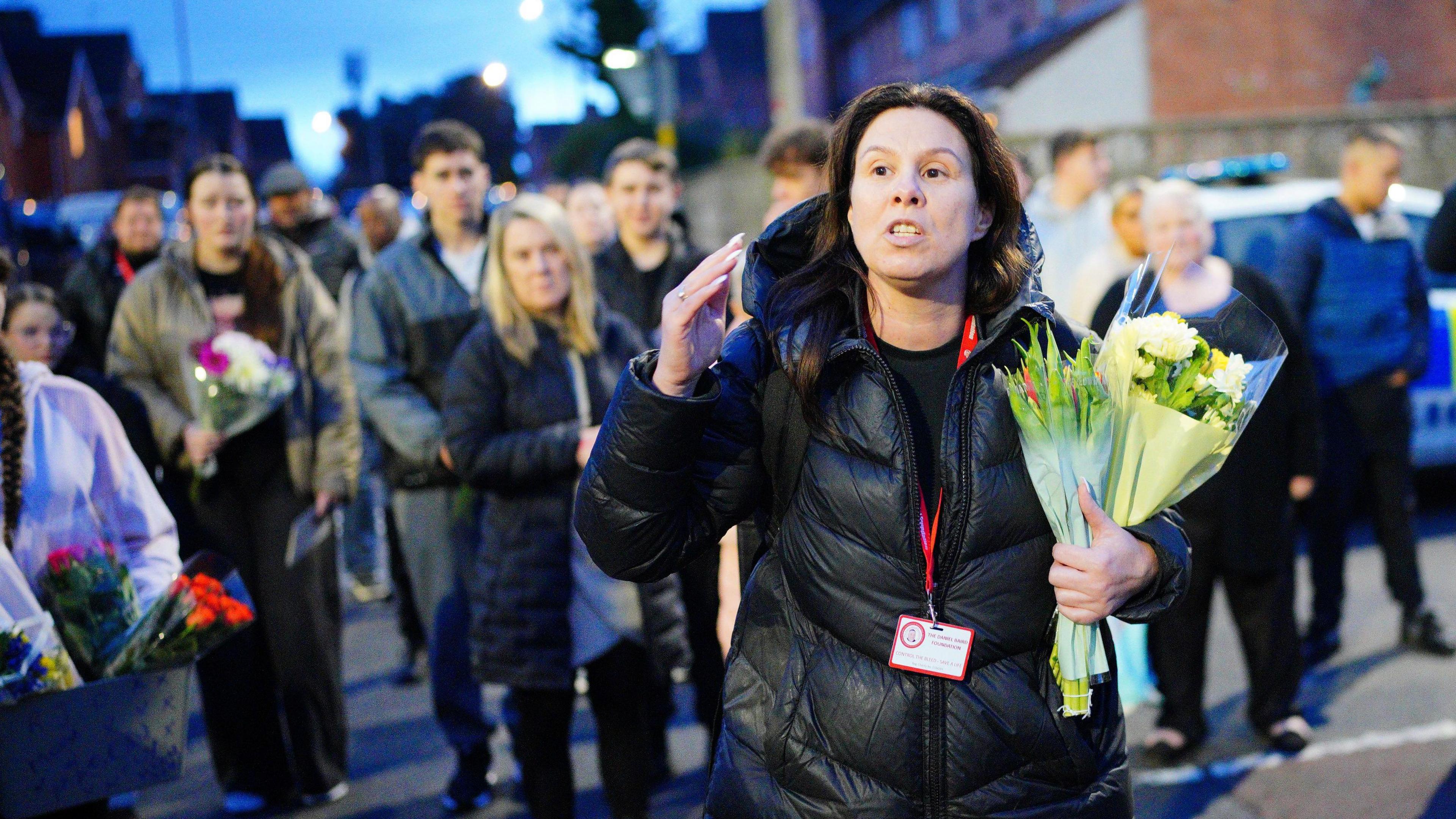
Leanne Reynolds urged parents to search their children's bedrooms for any knives at vigil for Max and Mason in January
Ms Reynolds said vulnerable children feel like "they’re being pushed around" due to there being multiple agencies dealing with them, which is causing "more trauma".
"The support is not there when they need it. The systems are too slow," she said.
"Everything takes a long time, and that’s when you’ll potentially lose that child to the street - while you’re doing the paperwork."
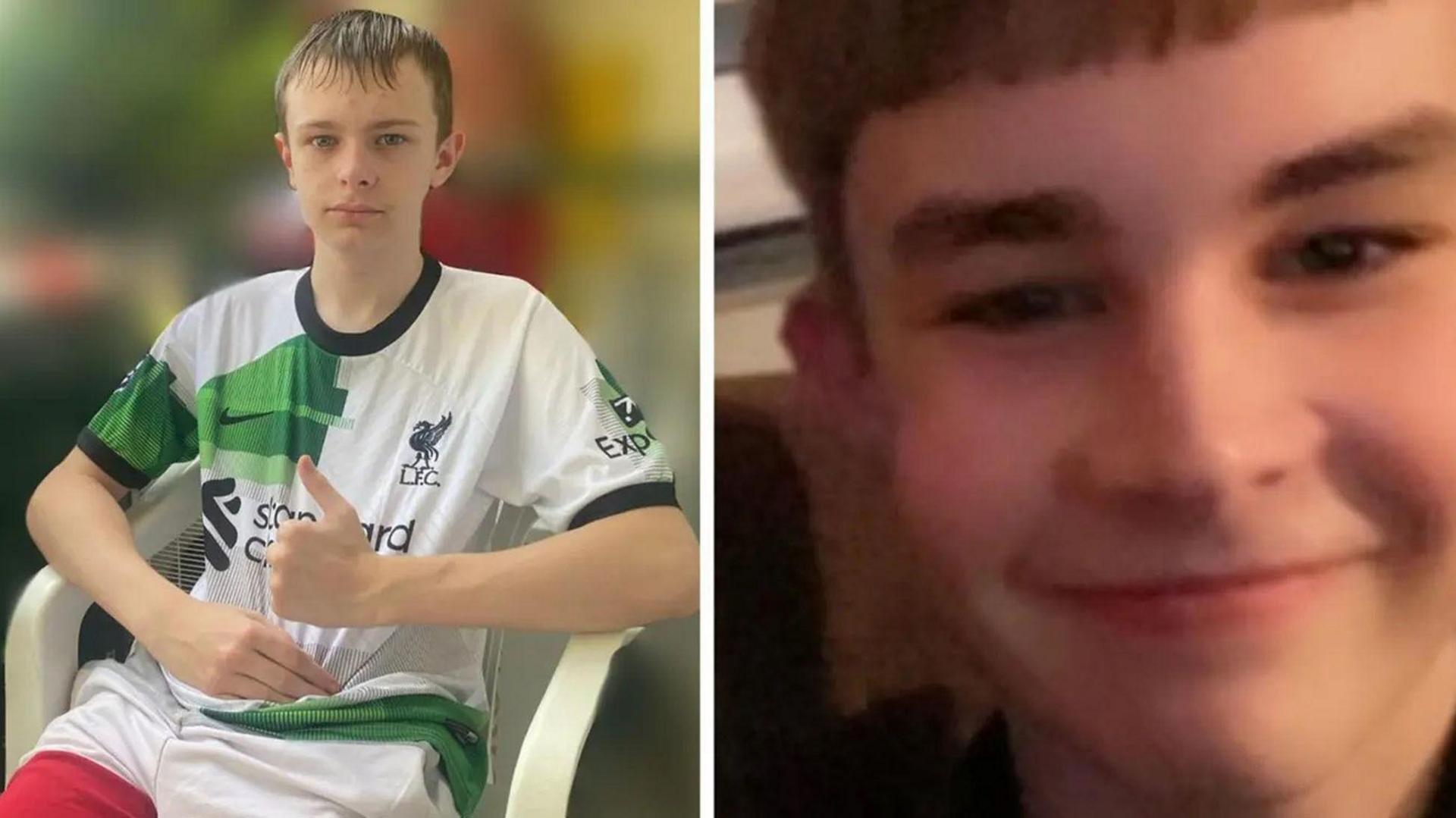
Mason Rist (left) and Max Dixon (right) were fatally stabbed in January 2024
Bristol City councillor Mohamed Makawi signed the open letter on knife crime after his friend Adam Ali Ibrahim was fatally stabbed in January 2023.
He said the reopening of youth services that closed in the last 14 years would "make a big difference" in reducing knife crime.
He pointed to the closure of Eagle House Youth Centre in Knowle West, near where Max Dixon and Mason Rist were killed, adding "we need to have those back" in the local authority's hands, with government funding.
What have police done?
Weeks after teenager Darrian Williams was killed in St Jude's in February Avon and Somerset Police launched Operation Hardy to crack down on the spate of knife crime.
Within six months officers arrested 78% more people for possession of a bladed article compared to the previous six months.
The force also seized drugs worth several hundred thousand pounds, and conducted more than 40 high-visibility patrols in areas where they believed there was a high risk of violence.
Bristol Commander Supt Mark Runacres said keeping young people engaged in "constructive activities" is one way the risks can be reduced.
He added that officers are working with young people and organisations such as schools and gyms to get them involved in "those positive activities that take them away and provide them with stability, which reduces the risk for them".
But most leaders agree, it can't just be up to the police - all agencies need to be working together.
What next?
Reverend Dr Dawnecia Palmer has been involved in trying to reduce violent street crime in Bristol for more than 20 years.
She founded the Peacemaker Prayer Patrols and said more is being done for young people since the open letter was signed.
Dr Palmer said there has been a drop in knife crime in the areas worst affected at the time the letter was written, but she wants to see more done at a national level.
Along with other community leaders, she also wants permanent exclusions from schools to stop and greater education around the dangers of carrying knives.
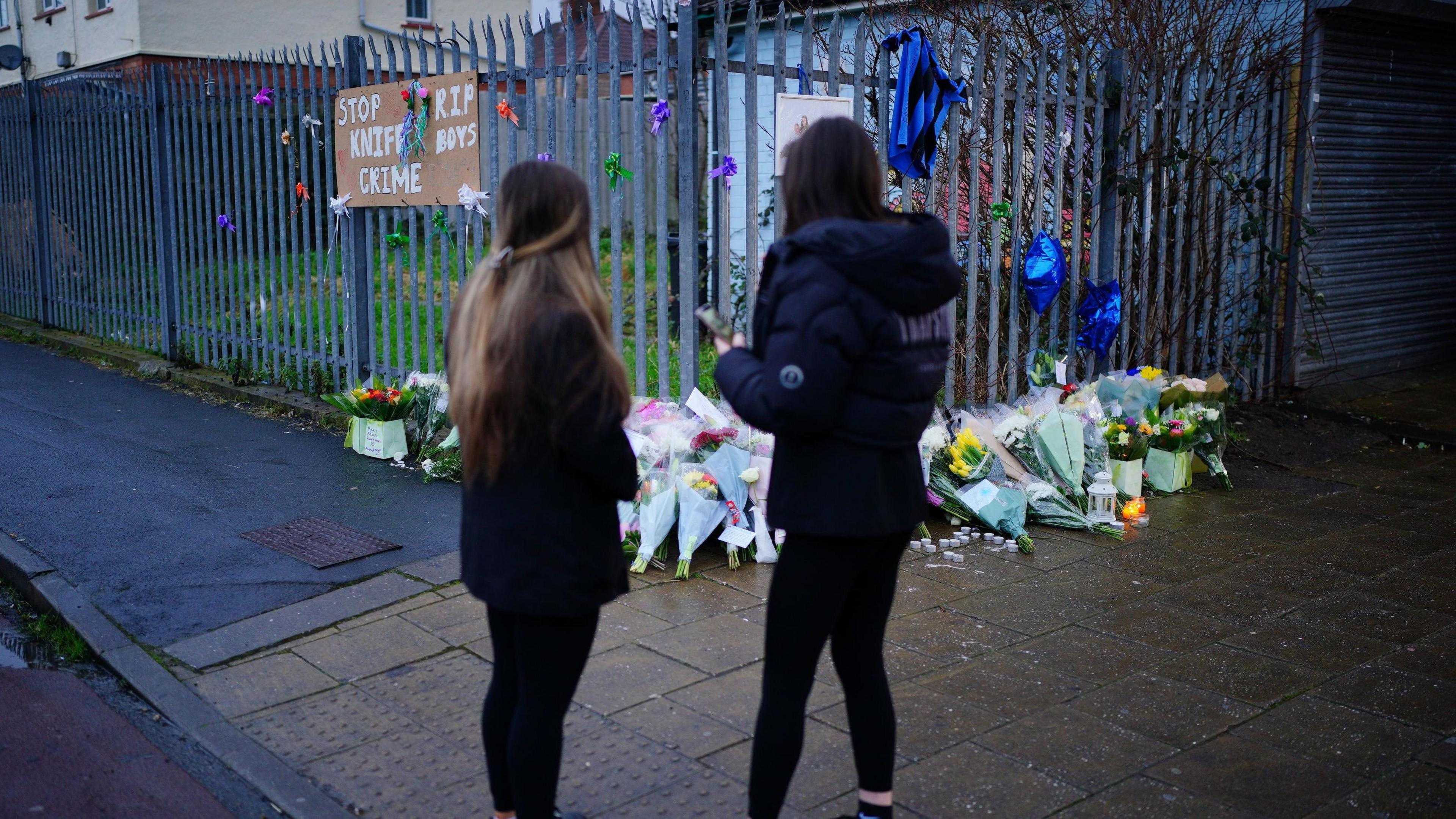
Community leaders say people are finally coming together to work against knife crime
Meanwhile, Mr Brown said communities "need something in place to fix their own problems".
He suggested this could include trauma and mental health training for community leaders and organisations, which they could deliver to young people.
He added: "If you want to value young people you need to value the organisations that are working with them, because at the moment they’re undervalued and underfunded.”
Get in touch
Tell us which stories we should cover in Bristol
Follow BBC Bristol on Facebook, external, X, external and Instagram, external. Send your story ideas to us on email or via WhatsApp on 0800 313 4630.
Related topics
- Published3 November 2024
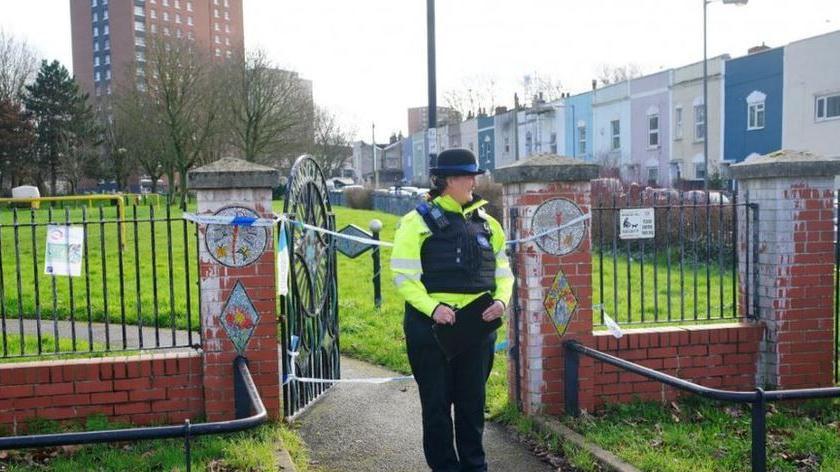
- Published6 March 2024
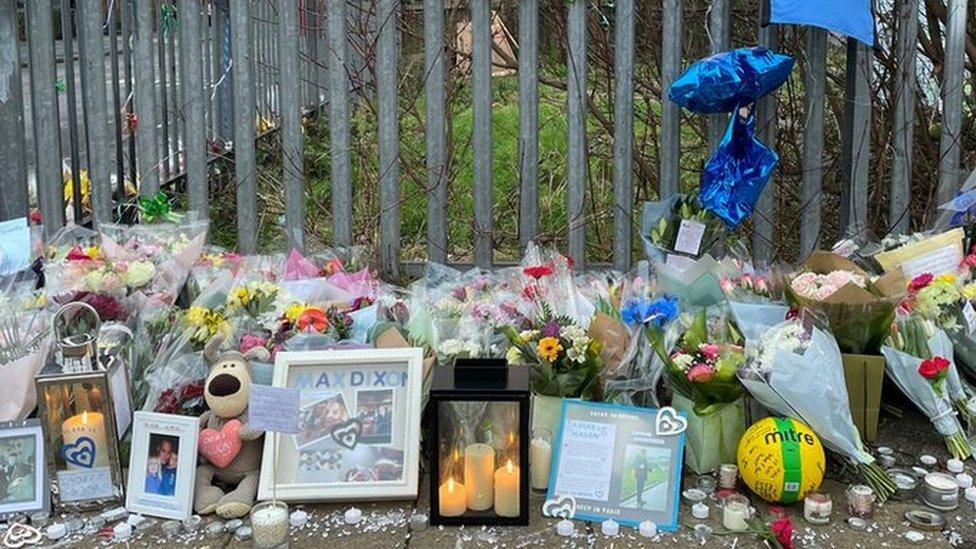
- Published7 February 2024
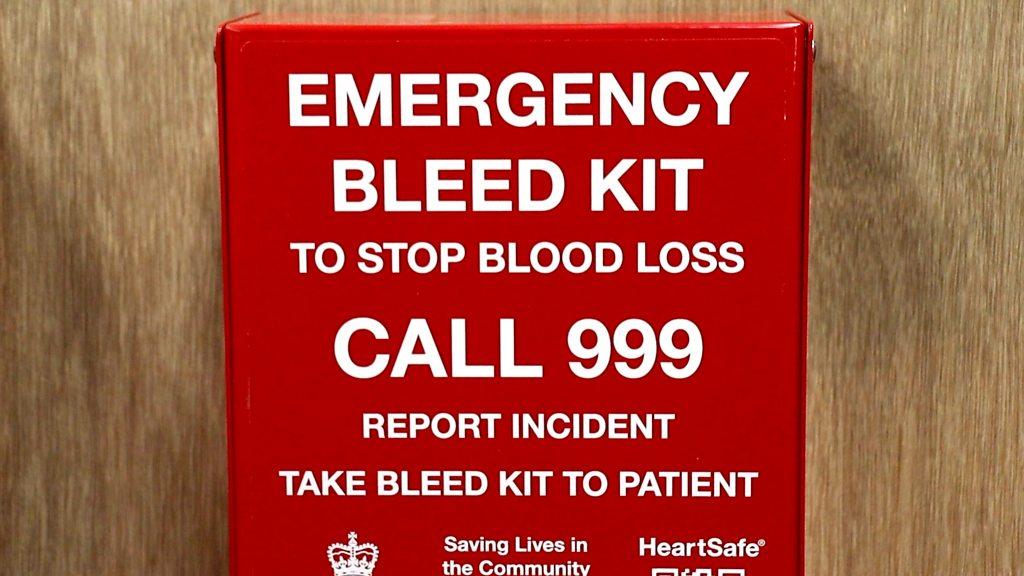
- Published15 November 2024
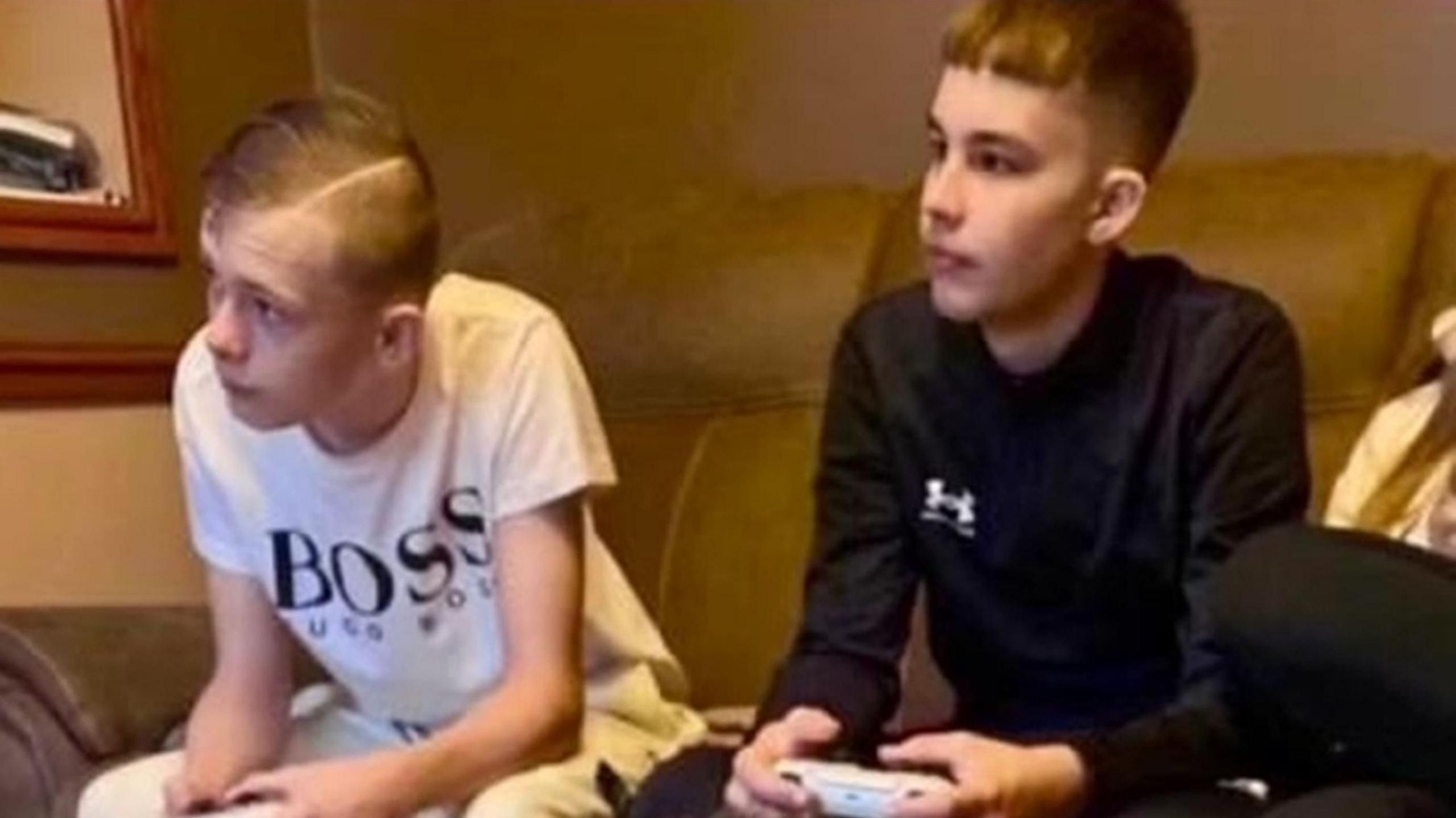
- Published15 November 2024